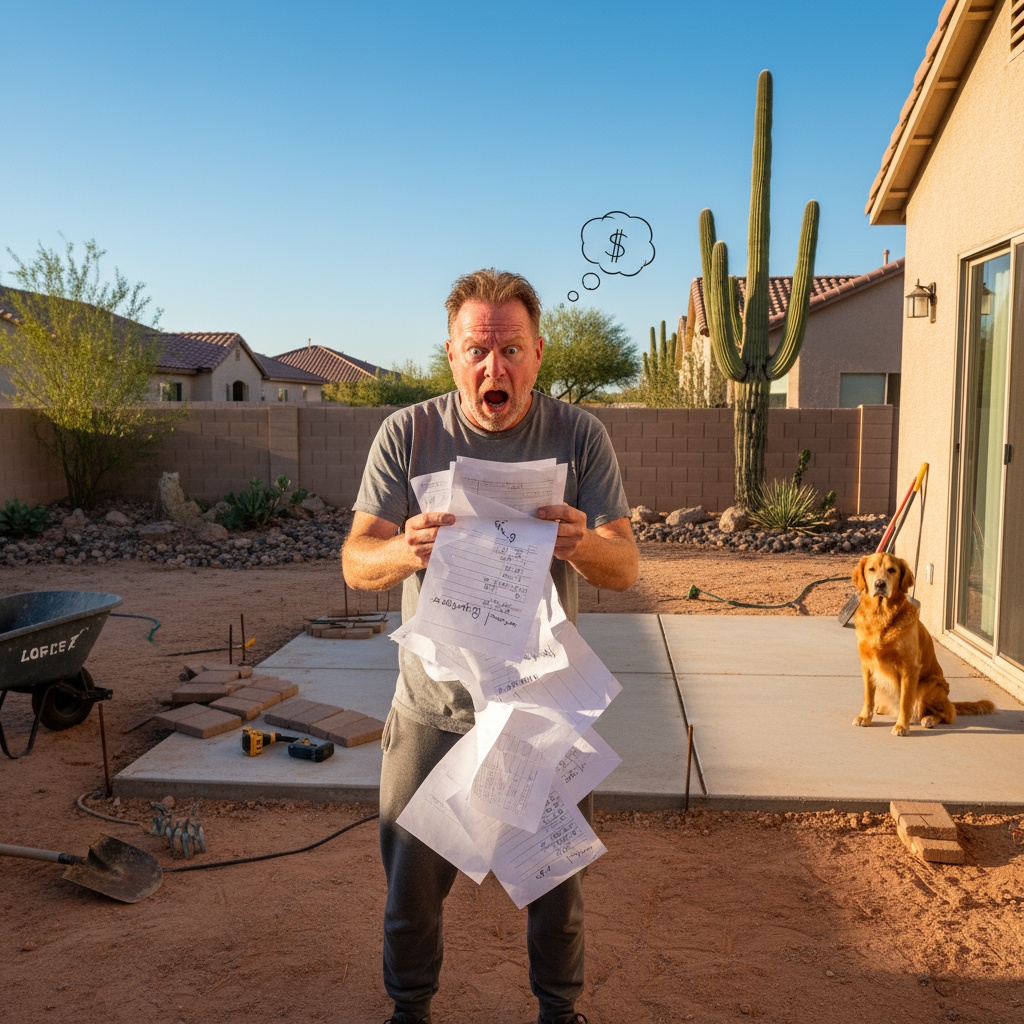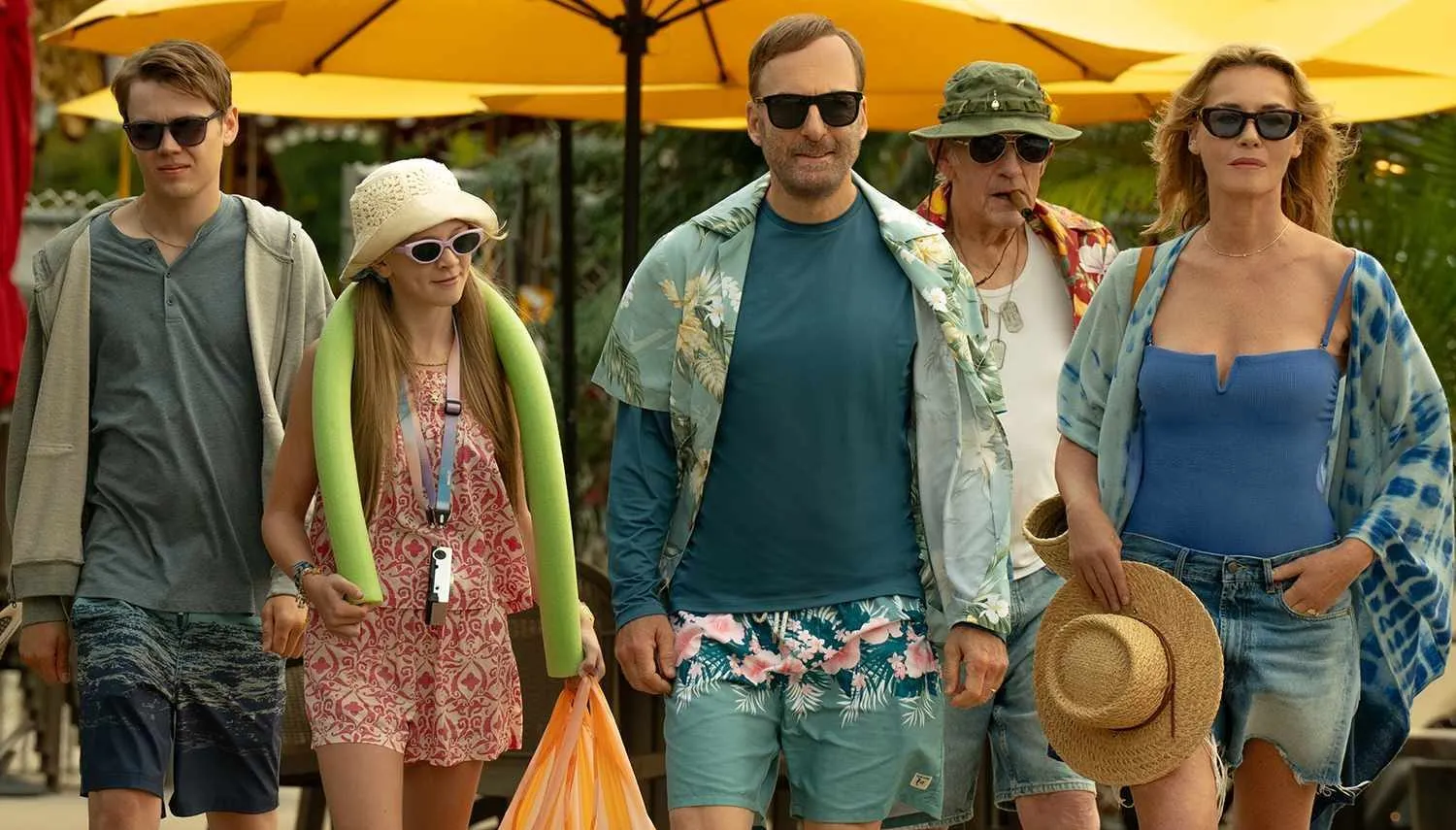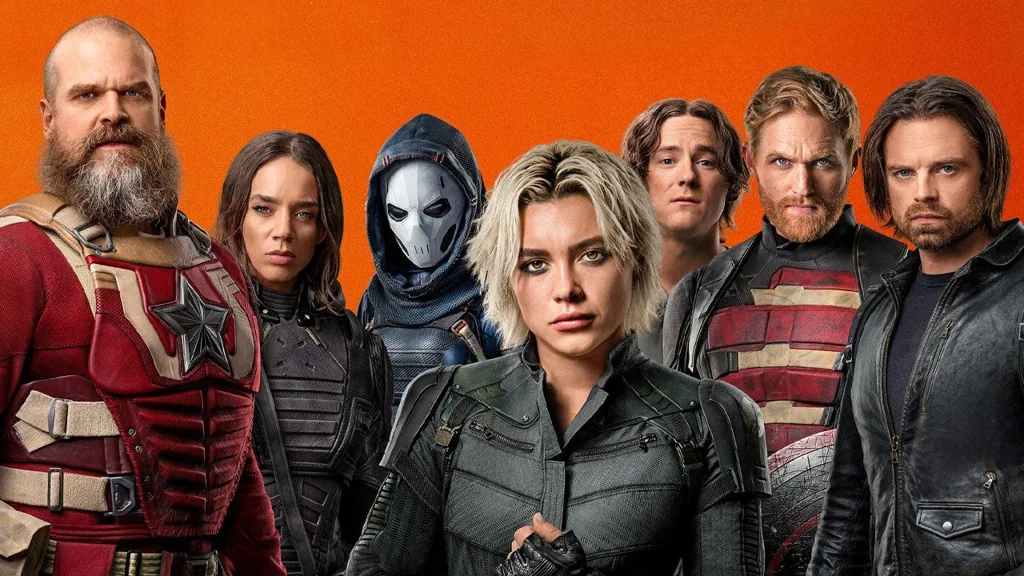Table of Contents
- Introduction: California’s Drea#Introductionm, America’s Nightmare
- Policy Nightmares: How California’s Government Failed Its People
- Hollywood’s Unforgivable Sins—A Culture of Abuse and Silence
- Case Studies in Celebrity Protection
- The Epstein Web: Hollywood, Politics, and the List That Won’t Die
- Government Complicity: Laws, Lobbyists, and the Failure to Protect
- The Impact: Victims, Public Cynicism, and the Erosion of Trust
- Satirical Solutions: Secession, Exile, and the “California Problem”
- References, Resources & YouTube Playlists
1. Introduction: California’s Dream, America’s Nightmare
California—land of sunshine, dreams, and reinvention. For over a century, it’s symbolized the American promise: a place where fortunes are made, stars are born, and innovation shapes the world. But beneath the palm trees and red carpets, a darker reality festers. The Golden State is facing a reckoning—one that exposes not just government dysfunction and economic decline, but a culture of impunity for the powerful and a legacy of abuse and cover-up that stretches from Sacramento’s halls of power to Hollywood’s elite.
This article isn’t just another critique of California’s taxes or traffic. It’s a deep dive into how the state’s leaders have failed their people, how predators have been protected in the name of profit and politics, and how the machinery of celebrity and power shields the worst offenders from justice. We’ll explore survivor stories, legal maneuvering, and the growing chorus demanding accountability. We’ll ask: Is California still the land of dreams, or has it become America’s most dangerous illusion?
2. Policy Nightmares: How California’s Government Failed Its People
California’s decline didn’t happen overnight. Years of one-party rule, skyrocketing housing costs, and red tape have driven out the middle class and left the state with record homelessness, rising crime, and a mass exodus of residents and businesses.
Key Issues:
- Housing Crisis: Median home prices have soared above $800,000 in many areas, while affordable housing projects stall amid bureaucracy and local opposition.
- Homelessness: Over 171,000 people are homeless in California as of 2024—nearly a third of the entire U.S. homeless population.
- Business Exodus: Major employers like Tesla, Oracle, and Hewlett-Packard have moved headquarters out of state, citing high taxes and regulatory burdens.
“California is a warning, not a blueprint.”
— YouTube: Why Are People Leaving California?
References:

3. Hollywood’s Unforgivable Sins—A Culture of Abuse and Silence
Hollywood, for all its glitz and glamour, has long been a place where the powerful prey on the vulnerable—and where silence is bought, enforced, or simply expected. For decades, stories of abuse, exploitation, and cover-ups have circulated behind closed doors. It took the bravery of survivors to drag these horrors into the light.
3.1 Corey Feldman & Corey Haim: The Lost Boys Who Spoke Out
The Two Coreys: Stardom and Trauma
Corey Feldman and Corey Haim were 1980s teen icons, starring together in cult favorites like The Lost Boys. But their fame masked a nightmare. Both boys were victims of sexual abuse by powerful men in the industry—abuse that would haunt them for life.
- Feldman has repeatedly described a “pedophile ring” operating in Hollywood, protected by money, influence, and a culture of denial.
- Haim, more vulnerable and less supported, struggled with addiction and mental health issues until his untimely death at 38.
Feldman’s Crusade for Justice
Despite threats, ridicule, and attempts to discredit him, Feldman has fought for years to expose Hollywood’s abusers. His 2020 documentary, (My) Truth: The Rape of 2 Coreys, names alleged perpetrators and details the systemic cover-up.
“I can tell you that the No. 1 problem in Hollywood was and is—and always will be—pedophilia.”
— Corey Feldman (The Guardian Interview)
- Feldman’s campaign has inspired other survivors to come forward, but also drawn intense backlash from industry insiders eager to protect their own.
YouTube Evidence
3.2 Rose McGowan, Asia Argento, and the #MeToo Revolution
The #MeToo movement erupted in 2017, but the groundwork was laid by survivors like Rose McGowan and Asia Argento. Both accused Harvey Weinstein of rape and spent years being blacklisted and threatened for refusing to stay silent.
- McGowan: “Hollywood is a cult. I’m not going to be part of your dirty system.” (Variety)
- Argento became a leading #MeToo voice, calling out not just predators, but the enablers who kept them in power.
YouTube Evidence
3.3 Terry Crews & Brendan Fraser: Male Victims Break the Mold
Abuse in Hollywood isn’t limited by gender. Terry Crews, a former NFL player and actor, spoke out about being groped by a powerful agent. Brendan Fraser, beloved for The Mummy, revealed his own experience with sexual assault by a Hollywood Foreign Press Association executive.
- Crews: “If you speak up, your career is threatened. That’s the truth.” (NPR)
- Fraser: “I felt ill. I felt like a little kid. I felt like there was a ball in my throat. I thought I was going to cry.” (GQ)
YouTube Evidence
3.4 Elijah Wood and the Hidden Cost of Child Stardom
Elijah Wood, star of The Lord of the Rings, has spoken about the “dark underbelly” of Hollywood and the systemic protection of abusers, especially those who target child actors.
- Wood: “There are a lot of vipers in this industry—people who only have their own interests in mind.” (The Guardian)
YouTube Evidence
4. Case Studies in Celebrity Protection
4.1 Harvey Weinstein: The Kingmaker Brought Down
Background
For decades, Harvey Weinstein was one of the most powerful men in Hollywood, producing countless Oscar-winning films. Behind the scenes, he used his influence to prey on women—silencing them with threats, settlements, and blacklisting.
The Scandal Breaks
In 2017, investigative journalism by Ronan Farrow, Jodi Kantor, and Megan Twohey exposed decades of sexual assault and harassment allegations against Weinstein. Over 80 women, including A-list actresses, accused him of misconduct.
- “I was afraid of Harvey. Everyone was afraid.”
— Rose McGowan (Variety Interview)
Legal Fallout
Weinstein was convicted in New York in 2020 and sentenced to 23 years in prison. Yet, for decades, he was shielded by NDAs, powerful lawyers, and industry allies.
YouTube Evidence
- NY Times: How Harvey Weinstein Was Brought Down
- BBC: Harvey Weinstein Convicted
- Ronan Farrow on Breaking the Story
4.2 Bryan Singer: Blockbusters, Boys, and the Culture of Denial
Background
Director Bryan Singer is best known for The Usual Suspects and the X-Men franchise. For years, he faced allegations of sexual abuse of minors. Many lawsuits were settled out of court, and powerful industry allies protected him.
Survivor Voices
- “Nobody is going to believe you.”
— Survivor quoted in The Atlantic’s exposé - Singer’s accusers described parties where young boys were allegedly groomed and abused. Many said they were threatened or paid to keep quiet.
Industry Response
Despite mounting allegations, Singer continued to direct major films for years, with studios and agents turning a blind eye.
YouTube Evidence
- The Atlantic: Bryan Singer’s Alleged Abuse
- Hollywood Reporter: Bryan Singer Scandal
- Vanity Fair: The Men Who Protected Bryan Singer
4.3 Kevin Spacey: House of Cards and the Collapse of a Star
Background
Kevin Spacey, an Oscar winner and star of House of Cards, saw his career implode after actor Anthony Rapp and others accused him of sexual assault, including incidents involving minors.
Allegations and Fallout
- Rapp alleged that Spacey made sexual advances toward him when Rapp was just 14.
- More than a dozen men came forward with similar stories, including crew members from Spacey’s projects.
Legal and Industry Response
While Spacey faced criminal charges in the UK and US, many cases were dropped or dismissed due to lack of evidence or accusers withdrawing. Netflix and other studios severed ties, but Spacey has yet to face significant jail time.
YouTube Evidence
- CBS News: Kevin Spacey Faces Multiple Allegations
- BBC: Kevin Spacey’s Legal Troubles
- Anthony Rapp Talks About Spacey
4.4 Sean “Diddy” Combs: Money, Power, and Vanishing Charges
Background
Sean “Diddy” Combs is a hip-hop mogul and entrepreneur. In recent years, he has faced a wave of lawsuits and allegations, ranging from sexual assault to human trafficking and intimidation.
Major Cases
- Cassie (Ventura) Lawsuit: In 2023, Cassie filed a lawsuit alleging rape and years of abuse; it was settled within 24 hours.
NY Times: Cassie Settles Lawsuit Against Sean Combs - Other Lawsuits: Several women have come forward with allegations; most cases have ended in quiet settlements or dismissals.
Pattern of Protection
- Diddy’s deep industry connections and wealth allow for swift settlements and strict NDAs.
- Prosecutors have declined to press charges, often citing lack of evidence or witness cooperation—amid allegations of intimidation.
YouTube Evidence
- The Breakfast Club: Diddy Faces New Lawsuits
- CNN: How NDAs Protect the Rich and Powerful
- VICE: The Media’s Complicity in Celebrity Scandals

5. The Epstein Web: Hollywood, Politics, and the List That Won’t Die
The Jeffrey Epstein scandal is a case study in how wealth, power, and connections can buy silence and delay—or deny—justice. While Epstein’s crimes spanned the globe, California’s entertainment and political elite have repeatedly been linked to his network, either through flight logs, party guest lists, or business dealings. Yet, the infamous “Epstein list” remains largely sealed, fueling public suspicion and anger.
5.1 Survivors and Whistleblowers Demand Justice
- Virginia Giuffre (Roberts): One of Epstein’s most prominent accusers, Giuffre has named high-profile figures in court documents and interviews, demanding full disclosure of the Epstein network.
- Jennifer Araoz and Others: Multiple survivors have sued for the right to name names and hold enablers accountable, but have faced enormous legal and personal obstacles.
5.2 Hollywood Connections and the Culture of Silence
- Flight Logs and Guest Lists: While not all names on Epstein’s flight logs or guest lists are accused of crimes, the presence of Hollywood directors, actors, and business figures has raised serious questions about who knew what—and who looked the other way.
- Media Reluctance: Major outlets have been slow to report on the entertainment industry’s ties to Epstein, often focusing on politics or royalty instead.
5.3 Public Outrage and the Call for Transparency
- Ricky Gervais (Golden Globes 2020):
“You all worked for companies run by Jeffrey Epstein. I don’t care.” - Documentaries and Investigations:
5.4 The List That Won’t Die
Despite public pressure, most of the “Epstein list”—the roster of celebrities, politicians, and business leaders allegedly involved with Epstein—remains sealed or heavily redacted. Survivors, journalists, and advocates continue to demand its release, arguing that accountability for the powerful is impossible without full transparency.
6. Government Complicity: Laws, Lobbyists, and the Failure to Protect

California’s government is often celebrated as progressive and reform-minded, but when it comes to protecting the powerful, it’s as opaque as any old-boy’s club. Laws meant to protect children and vulnerable populations are routinely gutted or ignored, often under pressure from industry lobbyists and political donors.
6.1 Legislative Failures
- Statute of Limitations: In 2019, a bill to extend the statute of limitations for child sexual abuse cases was gutted at the last minute after intense lobbying by entertainment industry lawyers.
6.2 Prosecutorial Discretion and Political Donations
- Dropped Cases: Multiple cases involving high-profile figures have been quietly dropped, “lost” in bureaucracy, or settled with non-disclosure agreements.
- Campaign Money: Many California politicians have accepted large campaign donations from entertainment industry figures later accused of serious crimes.
6.3 The Cycle of Silence
- Whistleblower Retaliation: Those who speak out—whether survivors, journalists, or insiders—often face retaliation, career ruin, or worse.
- Survivor Voices:
7. The Impact: Victims, Public Cynicism, and the Erosion of Trust
7.1 The Toll on Survivors
For every high-profile name, there are countless survivors whose stories never make headlines. Many never see justice. The psychological toll—including PTSD, depression, addiction, and even suicide—is immense.
- Isolation and Retraumatization: Survivors who speak out often face disbelief, retaliation, or are forced into silence by NDAs and settlements.
- Cycle of Abuse: When predators go unpunished, it sends a chilling message to other victims—and a green light to abusers.
Survivor Testimonies:
- YouTube: Surviving Hollywood—Survivors Tell Their Stories
- NPR: Survivors Speak on Celebrity Abuse Cases

7.2 The Cost to Ordinary Californians
The culture of impunity and government dysfunction isn’t just a “celebrity problem.” It erodes public safety and trust across the state.
- Homelessness and Crime: Policies that serve the powerful while ignoring systemic issues have contributed to a homelessness crisis and rising crime rates.
- Loss of Faith in Institutions: Only 30% of Californians say they trust their state government to act in their interests (CalMatters).
7.3 Public Cynicism and the Culture of Disbelief
- “Justice for Sale” Perception: When the rich and famous escape justice, many lose faith in the system entirely.
- Media Complicity: Tabloid coverage and PR spin often minimize or distract from the real harm done, deepening public cynicism.
Relevant Media:
7.4 The Ripple Effect: Mental Health and Social Consequences
- Mental Health Crisis: The trauma of abuse, combined with the stress of systemic injustice, has contributed to a mental health crisis in California—especially among youth, the LGBTQ+ community, and marginalized groups.
- Erosion of Social Trust: The sense that “the system is rigged” undermines civic participation, community bonds, and willingness to seek help.
8. Satirical Solutions: Secession, Exile, and the “California Problem”
Sometimes, the only way to process the madness is through satire. Should California be “exiled” from the USA? Should there be a “celebrity quarantine zone”? While tongue-in-cheek, these ideas reflect real frustration with a system that seems to protect the worst offenders.
Satirical Policy Proposals:
- Celebrity Quarantine: All reality TV stars and scandal-prone celebrities must remain within state borders. The rest of the country breathes a sigh of relief.
- Total Business Ban: No more California companies doing business with the rest of the USA (goodbye, tech giants and blockbusters!).
- Renaming the State: “Scandalifornia” or “The People’s Republic of Denial” might be more honest.
Of course, satire can only go so far. Real change requires accountability, transparency, and a willingness to confront uncomfortable truths.
9. References, Resources & YouTube Playlists
Key Articles & Sources:
- LA Times: Why Are So Many Leaving California?
- Sacramento Bee: California Corruption Cases
- NY Times: Harvey Weinstein Paid Off Sexual Harassment Accusers for Decades
- The Atlantic: The Rape of Bryan Singer
- Miami Herald: Perversion of Justice
- CalMatters: California’s Homelessness Crisis
- LA Times: California Lawmakers Gut Bill to Protect Child Victims
YouTube Playlist:
- Hollywood’s Darkest Secret (Short Documentary)
- Corey Feldman Names Names
- NY Times: How Harvey Weinstein Was Brought Down
- The Atlantic: Bryan Singer’s Alleged Abuse
- ABC News: Cassie Settles Lawsuit Against Diddy
- VICE: The Media’s Complicity in Celebrity Scandals
- Ricky Gervais Golden Globes Monologue
Summary for 66 the FIX Readers
California has always been a land of contradictions—a place where dreams are made and, too often, innocence is lost. This deep dive has pulled back the curtain on a state where government failures, unchecked celebrity power, and a culture of silence have allowed abuse and corruption to flourish. From the tragic stories of Corey Feldman and Corey Haim to the high-profile scandals of Weinstein, Singer, Spacey, and Diddy, we see a system that too often protects the powerful and silences the vulnerable.
But these stories aren’t just about Hollywood or politicians—they’re a warning about what happens when institutions fail, when money trumps justice, and when the public loses faith in those meant to protect them. The survivors and whistleblowers in this article are proof that courage can still spark change, even in the darkest corners of the Golden State.
If California wants to reclaim its promise, it must confront its scandals head-on, demand accountability at every level, and finally put people before power. Until then, the rest of the country—and the world—will be watching.








1 thought on “California: The Golden State’s Tarnished Legacy—A Deep Dive into Government Failure, Hollywood’s Darkest Secrets, and the Culture of Celebrity Protection”
it’s funny how every targeted link in this article was pulled down by the website that had the articles. wow such a sick country we live in!